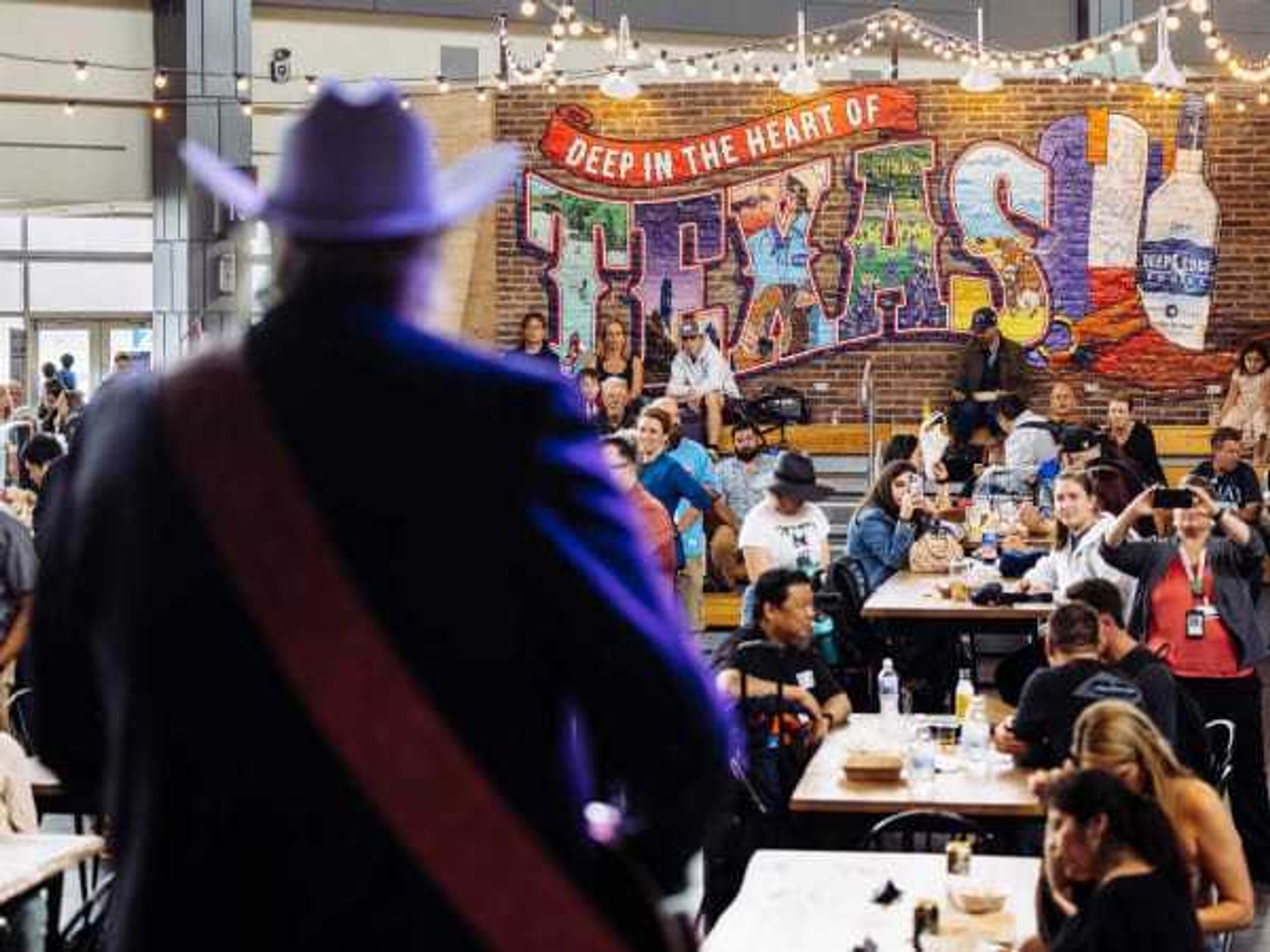Listen Live
Not-so classically speaking: New Music Ensemble highlights the work ofcontemporary composers
New music, also known as contemporary classical music, is music composed about anywhere within the past 100 years. A new music composer generally is distinguished by the fact that he or she writes down their music somewhere according to the traditional system of Western music notation (you know, quarter notes, treble staff, all that good stuff). The newer, the better.
As Alex Ross puts it in the preface to The Rest is Noise, a history of twentieth century music written for non-musicians, “classical music is stereotyped as an art of the dead, a repertory that begins with Bach and terminates with Mahler and Puccini. People are sometimes surprised to learn that composers are still writing at all.”
Ensembles dedicated to commissioning and performing new music are rare but important gems, because they keep alive the long-standing tradition of musical craft, ensembles such as the Butler School of Music's New Music Ensemble, directed by composer and conductor Dan Welcher. That's why the concert this Friday, November 30, at Bates Recital Hall, the third of their 2012-2013 season, is important.
Formed in 1995, the New Music Ensemble consists of a 16 member core ensemble and is made up of some of the star student instrumentalists and singers in the Butler School of Music. The third concert of the 2012-2013 season will feature a program of two works by young Chinese-American composers, a world premiere by a Turkish composer, and an established work by a U.S. composer living on the West Coast. Accordingly, this concert is called "An East-West Confluence."
"Marghanita Laski’s Ecstasy in Religious and Secular Experiences defines ecstasy as a moment of consciousness when the spirit departs from the mundane reality although all the senses and perceptions utterly vanish. Twelve Days in Ecstasy aims to demonstrate the fade-up and enthusiasm that ecstasy leaves on the body, as well as a comforting and peaceful feeling of spiritual relaxation," said graduate student, Turkish composer Egemen Kesikli about his upcoming piece.
"The title of is kind of an inside joke," Egemen continued. "The piece was commissioned in 2011, and when I first submitted it a month before the premiere, it was a completely different, more traditional work called Ecstasy. It was what the commissioners asked for: a piece that focuses on traditional Ottoman melodies and scale systems. The commissioners said 'Well, this is too traditional. Write something more contemporary.'" Guess how much time I had between that and the new deadline? Twelve days. Hence Twelve Days in Ecstasy."
When I asked director Dan Welcher why attending such a concert of new music would be an important venture, he responded, "Because all of the composers are still alive. Except Ligeti, and his piece is the most avante-garde. It's an opportunity to hear what music people your age — in their early twenties — are writing, and to enjoy a concert where none of the pieces are cliche or oversaturated."
---
The concert takes place Friday night at Bates Hall on the UT campus; admission is free. It will also be streamed live on the Butler School of Music website.
